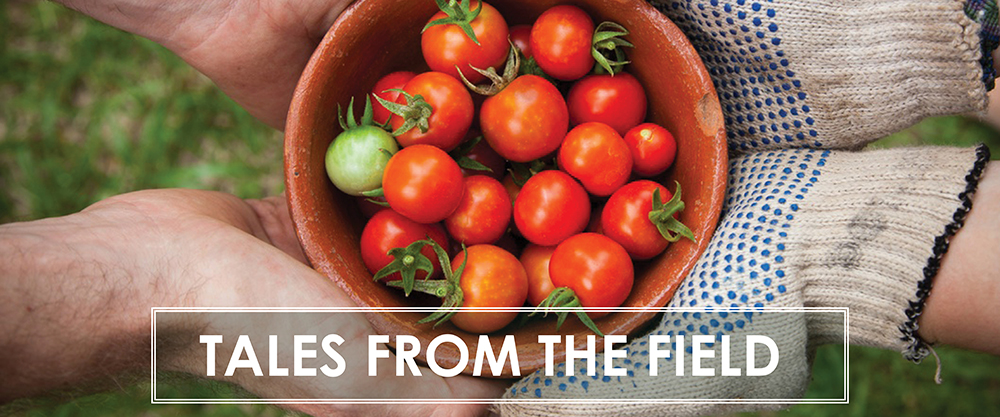By Stephanie Bonham
On Tuesday, July 1, 2014, University of California President Janet Napolitano launched the UC Global Food Initiative at a California State Board of Food and Agriculture meeting. This initiative is being created in order to answer the question of how to sustainably and nutritiously feed a world of eight billion by 2025. It is meant to be a multidisciplinary project that involves all 10 UC campuses. But more than that, the UCs will partner with local communities in order to create more healthful and accessible food systems. Napolitano proposed several ways in which the UC community could impact the global food system.
One way in which the UC system can impact food systems is by developing best practices and tool kits, which can be implemented nationwide; another is by developing ways to augment individual and community access to “safe, affordable and nutritious food while sustaining our natural resources”. Some of the projects under this category might include:
- Developing demonstration gardens in K-12 schools
- Purchasing produce from sustainable growers for the dining halls on UC campuses
- Promoting the use of farmers’ markets
- Creating policy to promote sustainable agriculture and nutritious food
A final way in which UC campuses can impact food systems is through research. The University of California has some of the premier colleges in the world and is already a leader of research in agriculture and food. Recognizing this, President Napolitano proposed the Global Food Initiative Student Fellowship Program. The Office of the President will grant each UC campus three $2500 fellowships for undergraduate and graduate research, related projects, or internships.
In response to President Napolitano’s announcement, the California State Board of Food and Agriculture expressed enthusiasm and optimism. The board was supportive of this new initiative a spoke of a future partnership between the University and CDFA. This new relationship between the UC community and CDFA could benefit both entities through the exchange of both research and resources.
